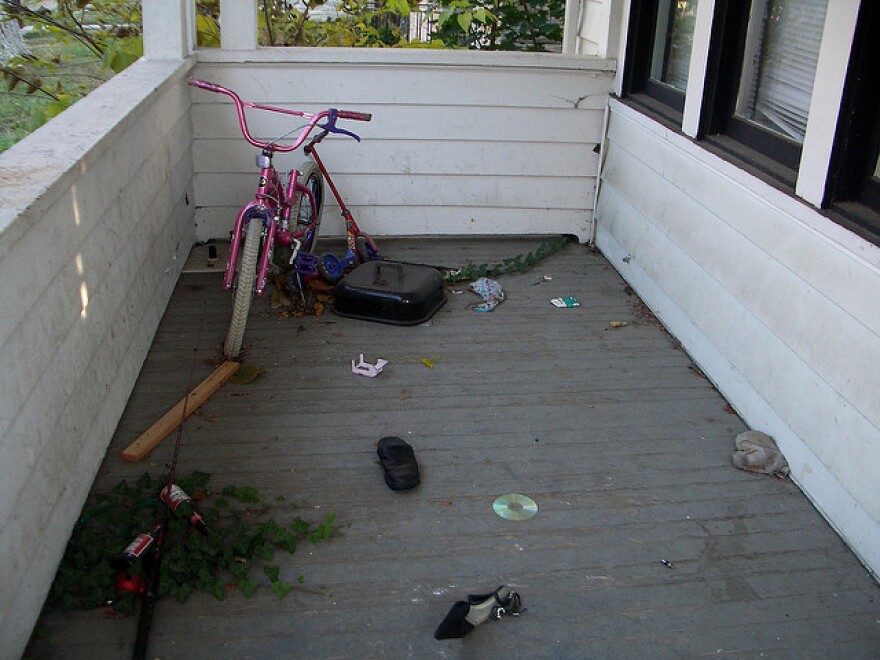Segregation is connected to issues ranging from education to housing to health. So, it’s no coincidence that evictions disproportionately affects certain neighborhoods in Milwaukee.
Writer and researcher Matthew Desmond chronicled the issue of eviction and its impact in Milwaukee last year in the landmark book, Evicted.
LISTEN: 'Evicted' Book Paints a Heartbreaking Picture of a Milwaukee Under Stress
In the wake of that book, an effort is now underway in Milwaukee to help level the legal playing field when it comes to eviction proceedings. Organized under the auspices of Legal Action of Wisconsin, the Eviction Defense Project, or EDP, is a court-based, free program for people facing eviction.
"It really came out of people's realization that there's this gap in terms of legal service and assistance that's being provided to low income tenants for eviction," explains Legal Action attorney Raphael Ramos.
Housing instability effects educational, healthcare and employment outcomes. It's a multi-layered issue that needs to be addressed in the Milwaukee community, Quarles & Brady attorney Dawn Caldart says.
"[The Eviction Defense Project is] an opportunity to bridge dividing lines that might exist in our community."
Housing instability and the lack of assistance contributes to the court eviction outcomes. Milwaukee County Circuit Court Judge Ellen Brostrom says that the system of the court should reflect its adversarial design in all proceedings. Those who are underrepresented, such as eviction cases, are at a disadvantage, she says, and lawyers need to fulfill their role as servants to the court.
"It's also an opportunity to bridge dividing lines that might exist in our community," Brostrom adds. "Almost by definition, the people that the volunteer lawyers...are going to be representing are going to be indigent otherwise they would not be eligible for the services of this project. So from a humanitarian standpoint, from a pro bono obligation standpoint, there are really a lot of benefits that flow from this."
At the EDP, eligible clients can obtain free legal aid such as legal advice, settlement assistance, document drafting and representation in court. It is this representation and interactions with clients that is key to changing eviction hearings and the issues surrounding effected populations, Brostrom says.
"We do know from evidence based practices on the criminal justice side that perceptions of procedural due process are very important," she says. "So even if they don't like the outcome, if they believe that they were heard, if they believed that they were represented, that it wasn't a sham proceeding - there's a lot of benefit to that that is probably more intangible, but nevertheless very important."
For more on this topic, explore our Project Milwaukee: Segregation Matters series.
Have a question about segregation? Submit your queries below.
_





